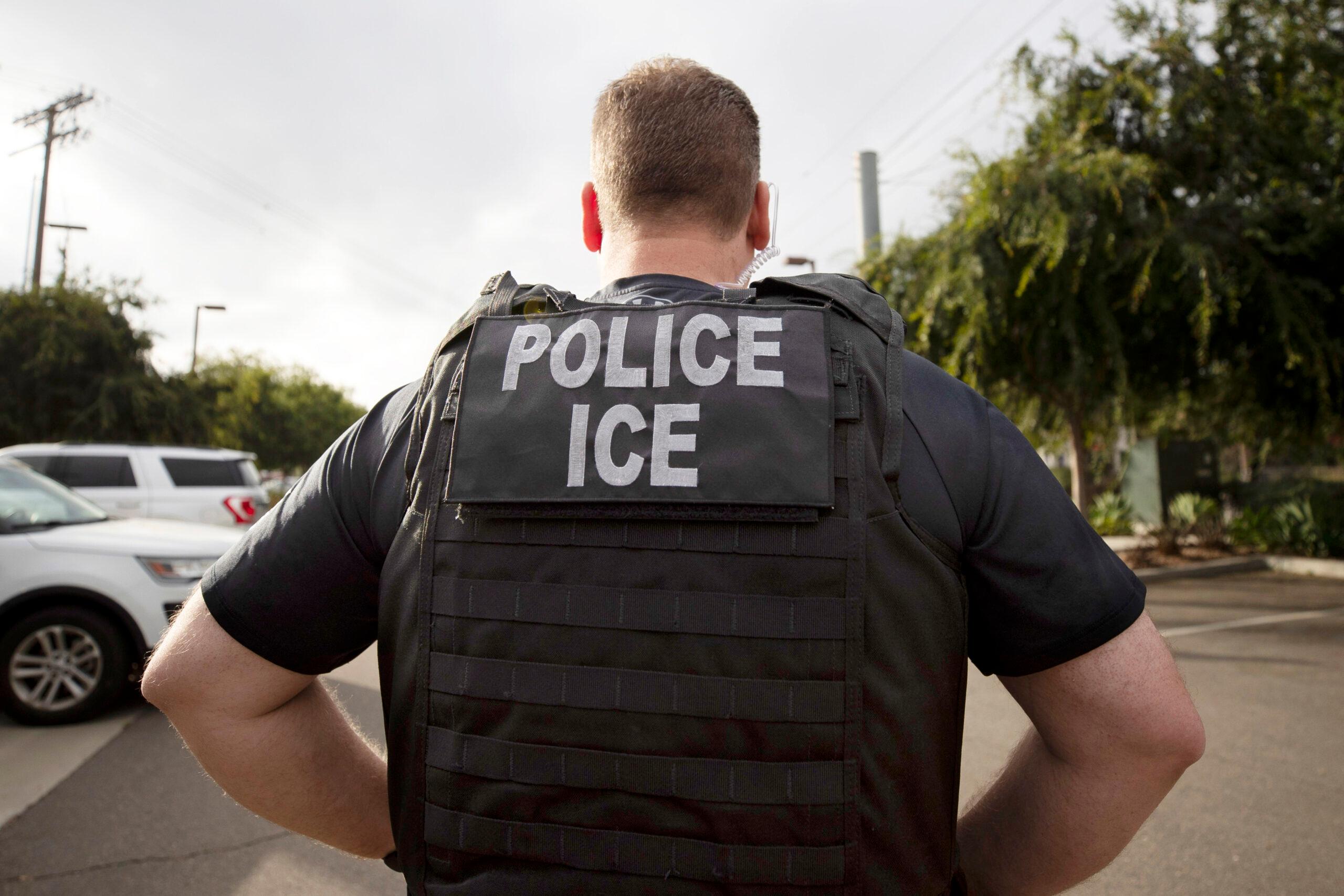
A Colorado-based federal agent and state officials said it’s too soon to tell what, if any, impact a new Justice Department memo mandating cooperation with deportation efforts might have here.
Colorado’s FBI Special Agent in Charge Mark Michalek said on Wednesday that he was aware of the new directive but noted that prosecution decisions will be up to the U.S. Attorney’s Office. Still, he added, enforcement priorities are at the president’s discretion.
“Obviously the FBI is a component of the larger Department of Justice … We investigate violations of federal law in Colorado,” Michalek said. “As we develop cases that are sufficient for federal prosecution, we pass the baton to the U.S. Attorney’s Office and then they make those decisions on if and how it’s prosecuted.”
Michalek said the FBI has investigated local law enforcement in previous years and, like every other investigation, will look at whether any violations of federal law would be worthy of their time to investigate. That includes violations of executive orders and directives, he said.
“Those prosecutorial priorities will come from the U.S. Attorney’s Office and we work with all the other federal agencies in order to combat systemic violent crime in this area,” he said. “Main justice can take an executive order and provide guidance to the U.S. Attorneys and then we’ll work to execute on those.”
The Justice Department memo issued Wednesday threatens prosecution of state or local officials for “resisting, obstructing, and otherwise failing to comply with lawful immigration-related commands and requests.”
Neither the FBI nor the Justice Department have a confirmed leader in place yet, so a lot of details have yet to come into focus, including what it might mean to “obstruct” an ICE agent. Trump has nominated former Florida Attorney General Pam Bondi to become U.S. Attorney General, and Kash Patel, who has a limited law enforcement resume’, to be FBI director.
Since Trump’s first term, Colorado state lawmakers passed a number of state laws that have attempted to draw bright lines between the state’s criminal justice system and federal immigration enforcement.
This includes one law banning ICE from making arrests inside or around courthouses, another prohibiting local law enforcement from arresting anyone for a civil immigration violation or holding incarcerated people for longer than their sentences so ICE can detain them on their own.
A handful of immigration-focused executive orders were signed by President Trump but many of those orders – if not all – are expected to be challenged in court.
At issue in Colorado and other states with similar migrant-friendly laws is a supremacy question – do federal executive orders override existing local and state laws?
The supremacy clause of the U.S. Constitution, found in Article VI, clause 2, says the federal government’s laws “shall be the supreme Law of the Land.”
Practically speaking, that makes it clear that the state can’t prohibit the enforcement of immigration laws within the state’s borders. But does it also require local police to actively help federal immigration agents?
Colorado Attorney General Phil Weiser, who has already joined more than 20 state attorneys general suing the Trump administration for its proposal to get rid of the notion of birthright citizenship, thinks not.
“The federal government cannot force Colorado state and local law enforcement to do immigration enforcement,” he said. “If the federal government tries to force us or intimidate us to turn our law enforcement into immigration agents, we will protect Colorado and we will insist on protecting our sovereignty, which is what is at stake.”
In the first Trump term, the federal government withheld money for local law enforcement agencies because they wouldn’t help with immigration enforcement. Weiser sued and won and the dollars were eventually released.
Weiser, whose office is over the Peace Officers Standards and Training Board, which licenses the state’s peace officers, said that despite Trump’s executive orders, state and local law enforcement officers need to obey the state law.
“They can’t take on any liability or responsibility that is outside of their purview,” he said. “As local law enforcement looks at how to navigate in this situation. They need to operate under the law.”
Like many conflicts between laws, the answer probably lies in future court cases.
“It’s hard to know what the goal of this order is,” Weiser said. “I don’t know of any state or local officials who is seeking to prevent or get in the way of any federal enforcement activity. The federal government can and should do what’s within its mandate and we should follow ours.”
In December, the Colorado chapter of the American Civil Liberties Union sent a letter to every sheriff and county attorney in the state warning them not to overtly help ICE do its job under the incoming administration -- or they will risk getting sued.
Seven years ago, the ACLU sued Teller County Sheriff Jason Mikesell in the previous Trump administration for arresting and detaining people in his jail and holding them for longer than their sentences, or after they had posted cash bonds, for ICE. The case went up to the state’s Court of Appeals, which rejected the sheriff’s actions.
The ACLU warned in their letters they are “prepared to take similar actions again,” they said.
“We have taken legal action against law enforcement offices that ran afoul of Colorado law and if necessary we’ll do it again,” said Tim Macdonald, the ACLU’s Colorado Legal Director in a statement.
But Mikesell, who is still on the job in Southern Colorado, said on Wednesday he plans to help the federal government enforce immigration laws as fully as possible.
This includes participating in what is known as the federal “287g” program, which allows his deputies to go back and forth enforcing local laws and immigration laws, working for Teller County and the federal government, sometimes in the same week.
Teller is the only county in the state participating in the program – but he joins 137 other sheriff’s offices across the country.
“Colorado has created problems in writing laws that get in the way of federal investigations and by telling local law enforcement that we can’t assist in detaining somebody … that could be construed as interfering with the federal law,” Mikesell said. “I plan to continue to help ICE in investigating crimes that happen in Colorado.”
- Trump executive orders on immigrants, transgender rights could echo in American schools
- How some of Trump’s Day One executive orders could touch Colorado
- Colorado Attorney General joins lawsuit challenging Trump’s order on ending birthright citizenship
- Trump’s Jan. 6 pardons include at least 20 Coloradans. Here’s what they did









